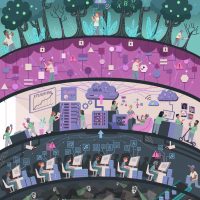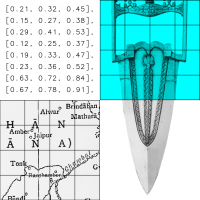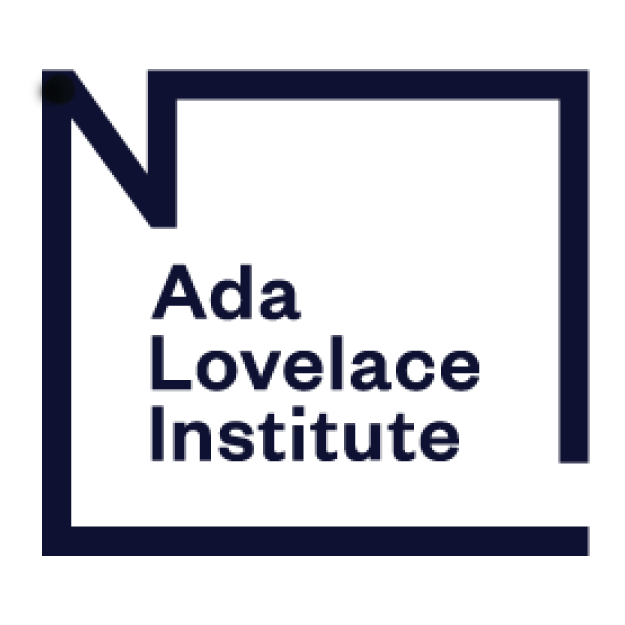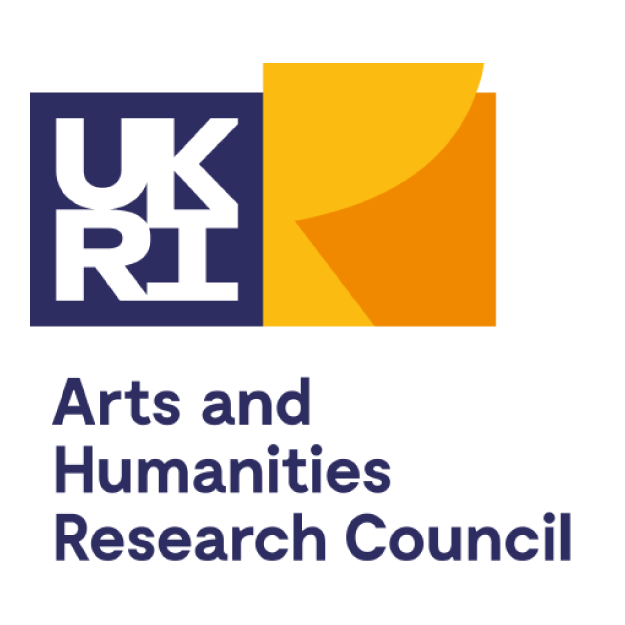What are the scoping projects?
Our scoping projects are designed to enable teams of researchers across the UK to undertake scoping and preparation work, build partnerships and map parts of the AI ecosystem. The goal is to define what responsible AI looks like across different sectors of society such as education, policing and the creative industries. These projects will result in early-stage research and recommendations to inform future work in the field.
Beginning in February 2024 and running for 6 months, our current active projects are listed below















